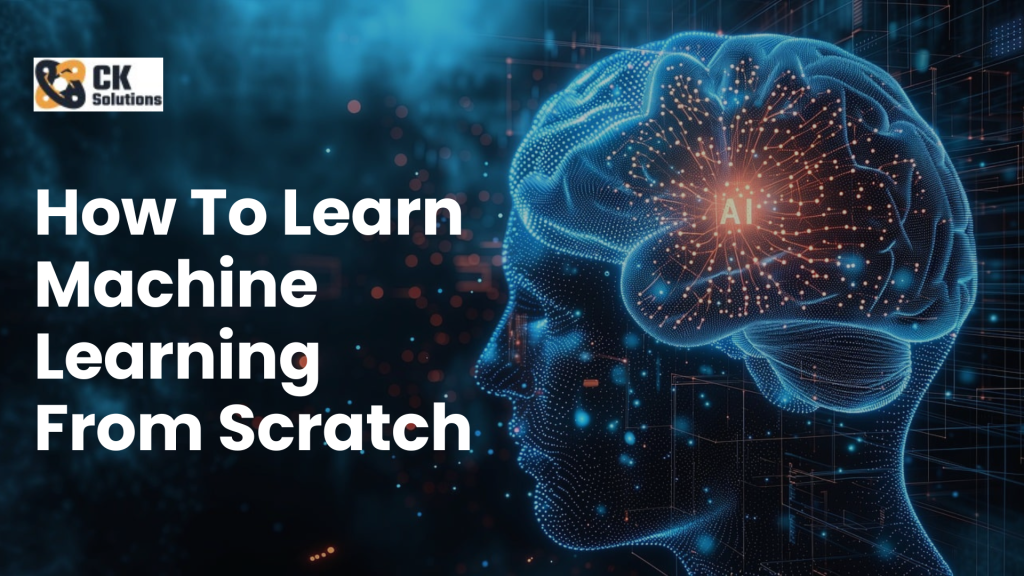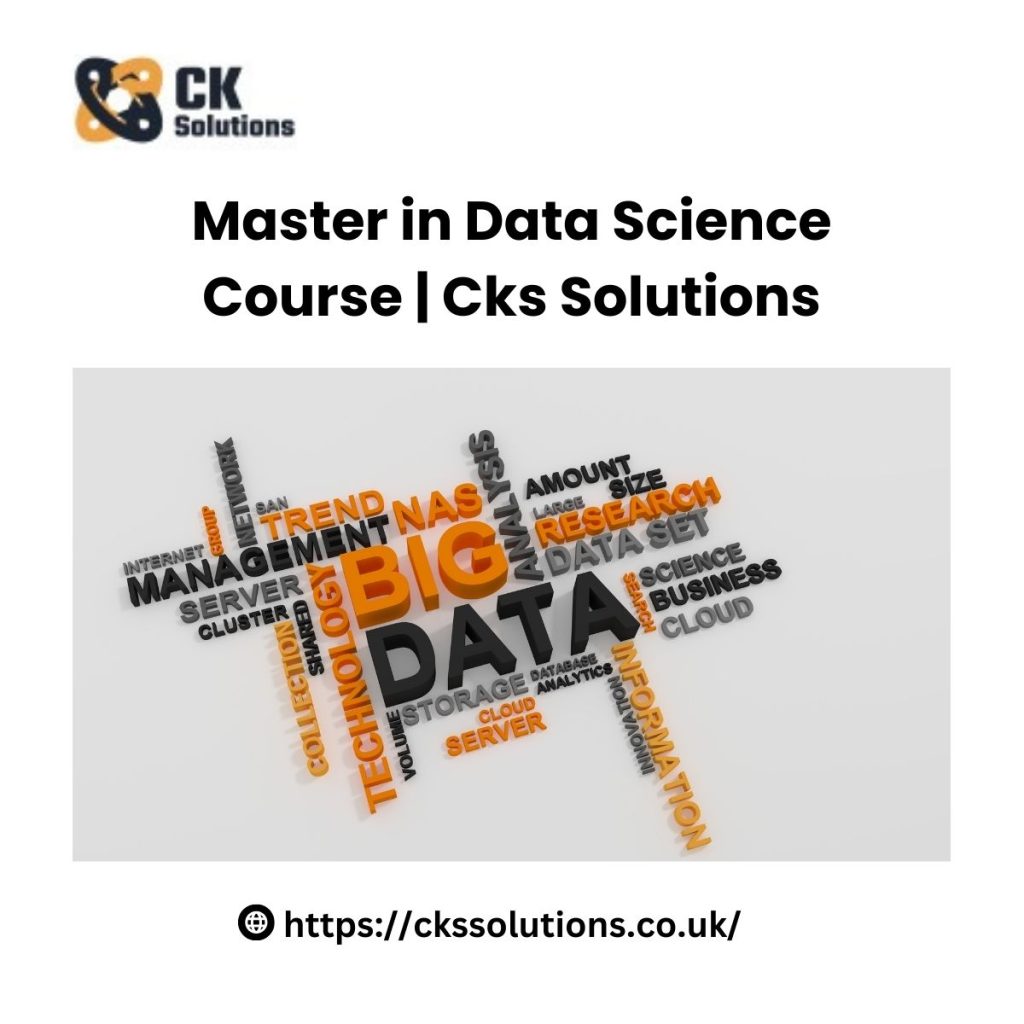Are you fascinated by the power of machine learning and want to dive into this exciting field, but don’t know where to start? Learning machine learning from scratch can seem daunting, but with the right approach and resources, it’s entirely achievable. In this guide, we’ll break down the process into manageable steps, equipping you with the knowledge and skills to embark on your machine learning journey.
Introduction to Machine Learning
What is machine learning?
Machine learning is a subset of artificial intelligence that focuses on enabling computers to learn from data and make predictions or decisions without being explicitly programmed to do so. It’s revolutionizing various industries, from healthcare to finance, by providing insights and automation.
Importance of learning machine learning
In today’s data-driven world, the demand for professionals skilled in machine learning is soaring. Mastering machine learning opens up a world of opportunities, from lucrative career prospects to the ability to solve complex problems creatively.
Understanding the Basics
Mathematics and statistics foundation
A solid understanding of linear algebra, calculus, and probability theory forms the backbone of machine learning. Concepts such as matrices, derivatives, and probability distributions are essential for comprehending algorithms and their underlying principles.
Programming languages for machine learning
Python is the de facto language for machine learning due to its simplicity, versatility, and extensive libraries. Learning libraries like NumPy, pandas, and Matplotlib alongside Python is crucial for data manipulation, analysis, and visualization.
Dive into Algorithms
Supervised learning
Supervised learning involves training a model on labeled data to make predictions or classify new instances accurately. Common algorithms include linear regression, decision trees, and support vector machines.
Unsupervised learning
Unsupervised learning deals with uncovering hidden patterns or structures in unlabeled data. Clustering algorithms like K-means and dimensionality reduction techniques such as principal component analysis (PCA) are widely used in this domain.
Reinforcement learning
Reinforcement learning focuses on training agents to make sequential decisions by interacting with an environment and receiving feedback in the form of rewards or penalties. It’s instrumental in areas like robotics and game playing.
Hands-On Practice
Implementing algorithms in Python
Hands-on coding experience is indispensable for mastering machine learning. Start with simple projects and gradually tackle more complex ones, leveraging libraries like TensorFlow and scikit-learn for efficient implementation.
Explore Real-Life Applications
Image recognition
Image recognition algorithms power facial recognition systems, self-driving cars, and medical imaging technologies, revolutionizing industries and enhancing human capabilities.
Natural language processing
Natural language processing (NLP) enables computers to understand and generate human language, driving innovations in chatbots, sentiment analysis, and language translation.
Learning Resources
Online courses
Platforms like Cks Solutions offer comprehensive courses taught by industry experts, covering fundamental concepts and advanced topics in machine learning.
Building Projects
Developing your portfolio
Building real-world projects not only reinforces your learning but also showcases your skills to potential employers or collaborators. Start with small projects and gradually tackle more ambitious ones to diversify your portfolio.
Networking and Collaboration
Joining machine learning communities
Engaging with like-minded individuals in online forums, meetups, and social media groups fosters knowledge sharing, collaboration, and networking opportunities within the machine learning community.
Collaborating on projects
Collaborating on open-source projects or participating in hackathons allows you to apply your skills in a collaborative environment, gain valuable experience, and contribute to meaningful initiatives.
Overcoming Challenges
Dealing with complexity
Machine learning can be complex and challenging, especially for beginners. Break down complex concepts into manageable chunks, seek help when needed, and embrace a growth mindset to overcome obstacles effectively.
Staying motivated
Maintaining motivation and consistency throughout your machine learning journey is crucial. Set realistic goals, celebrate your achievements, and stay curious and passionate about learning new concepts and techniques.
Conclusion
Embarking on a journey to learn machine learning from scratch may seem daunting at first, but with dedication, perseverance, and the right resources, you can acquire the knowledge and skills needed to excel in this dynamic field. By understanding the basics, diving into algorithms, gaining hands-on experience, exploring real-life applications, and leveraging learning resources and networking opportunities, you’ll be well-equipped to navigate the exciting world of machine learning.
Unique FAQs
Is prior programming experience necessary to learn machine learning from scratch?
While prior programming experience can be beneficial, it’s not necessarily a prerequisite. Many beginners start their machine learning journey with no programming background and gradually build their skills over time.
How long does it take to learn machine learning from scratch?
The time it takes to learn machine learning varies depending on factors such as prior knowledge, learning pace, and dedication. With consistent effort, you can gain proficiency in fundamental concepts within a few months and continue to refine your skills over time.
Are there any age restrictions for learning machine learning from scratch?
No, there are no age restrictions for learning machine learning. People of all ages, from students to professionals, can embark on their machine learning journey and achieve success with dedication and perseverance.
Can I learn machine learning without a formal degree in computer science or mathematics?
Yes, many successful machine learning practitioners come from diverse educational backgrounds. While a formal degree in computer science or mathematics can provide a strong foundation, self-study, online courses, and practical experience can also lead to proficiency in machine learning
.
What are some common challenges faced by beginners when learning machine learning from scratch?
Some common challenges faced by beginners include understanding complex mathematical concepts, selecting appropriate learning resources, staying motivated throughout the learning process, and applying theoretical knowledge to real-world projects. However, with persistence and a growth mindset, these challenges can be overcome.



